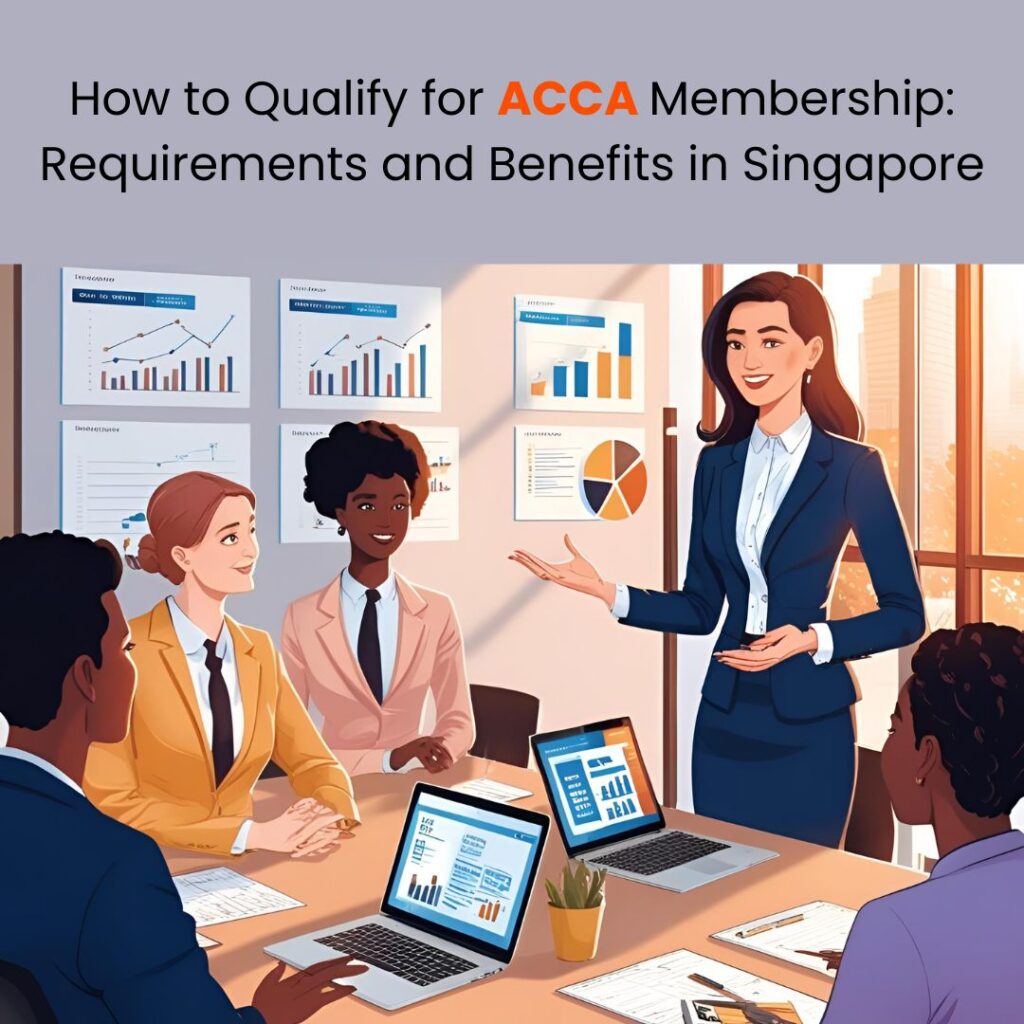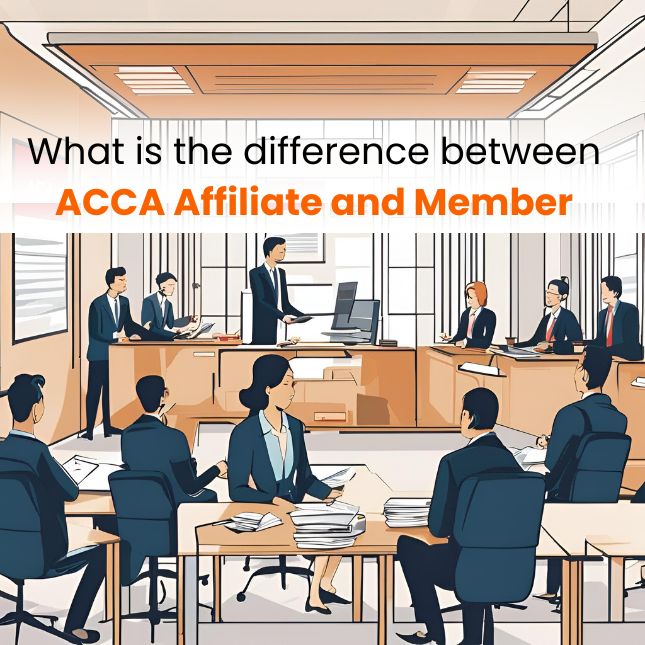Steps to Become an FCCA Member After ACCA in Malaysia 2026

Click to Play Your browser does not support the audio tag. INTRODUCTION: Progressing in a career is the dream of every dedicated accountant; the finance world is so competitive that constant progression is desired by every individual. Malaysian ACCA members also aim to progress and enhance their professional standing by becoming a FCCA member in […]
Can You Apply For Jobs if You Are Partly Qualified For ACCA?

Pursuing an ACCA career is an excellent decision to ensure a bright future. But if you are worried about whether you will find a suitable ACCA job if you choose not to apply for ACCA membership or if you can begin your career while still completing the course,. The good news is that you can […]
How to Qualify for ACCA Membership: Requirements and Benefits in Singapore

Click to Play Your browser does not support the audio tag. The most prominent accounting credential is association of chartered certified accountants. It provides access to lucrative employment, globally mobility and leadership positions in the financial industry. Knowing the ACCA requirements and membership benefits is essential if you are based in Singapore and thinking about […]
ACCA Evolution: Keeping Up With Global Trends

Click to Play Your browser does not support the audio tag. AN OVERVIEW: ACCA syllabus is a mix of academic knowledge, technical skills, and compliance with global standards and regulations. These factors make this qualification stand out amongst other accounting and finance qualifications. ACCA is an ever-evolving qualification as it ensures the students are equipped […]
What is the difference between an ACCA Affiliate and a Member?

OVERVIEW: If you are an ACCA aspirant or enthusiast you might have come across terms like ACCA Affiliate or ACCA member. One thing that is common in both of these terms is that individuals belonging to either of them have to go through ACCA exams and training. However, certain key differences set them apart. Read […]
Steps to Take After Receiving Your ACCA Exam Results in Zimbabwe

STEP TO TAKE AFTER RECEIVING YOUR ACCA EXAM RESULTS IN ZIMBABWE: The ACCA qualification is considered a competitive and highly regarded qualification in accounting. As much as the qualification is hyped up, the students are as anxious and desperate for the result’s announcement. ACCA exam results are a great deal for desperate candidates and their […]

